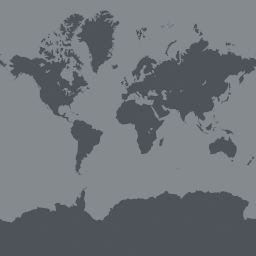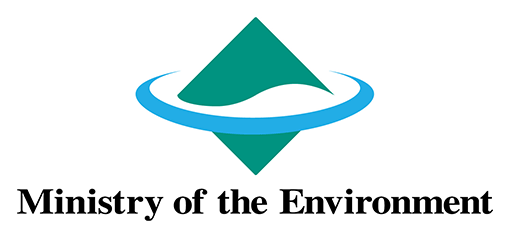This project introduces data mobilization to four herbaria not yet actively involved in the community—University of Azad Jammu and Kashmir, Sargodha University, University of Balochistan and Government College University Lahore—while also continuing mobilization of records from the herbarium of Quaid-i-Azam University. Together these herbaria house about 190,000 specimens. Mobilization efforts will increase data availability in three provinces currently poorly represented in GBIF: Azad Jammu and Kashmir, Balochistan, and Punjab by 15,500 georeferenced plant occurrence records.
The project will also introduce new resources to further accelerate incorporation of data mobilization into the activities of Pakistan’s herbaria, including a combination of in-person classes and online resources to help expand data mobilization of high-quality herbarium specimens even further. The project team will work improve the data cleaning in Symbiota, particularly with respect to names, geographic regions, and dates—the areas currently leading to most alerts. Workflows will be adjusted to start georeferencing earlier in the project year and to rely on spreadsheets for data capture from the beginning.
Project Progress
In November 2019 the project held at the Quaid-i-Azam University a data capturing workshop. Aimed at accelerating data mobilization in the herbaria, this was attended by 21 participants. This workshop was then followed by a georeferencing workshop in March 2020, which was attended by 20 participants and aimed at teaching participants how to georeference specimens using Geolocate.
During implementation the project also made a presentation during the 2019 TWDG, presented at a Symposium in Karachi to celebrate completion of the Flora of Pakistan, as well as holding other data capturing workshops and lectures at other different institutes about how to access and use data, where information on how to enter data into Symbiota was shared.
By final reporting the project published three new datasets to GBIF. It also published over 10,000 records and georeferenced an additional 7,359 to the ISL dataset, a dataset published during the earlier BIFA3_47 project. Resulting in over 12,000 occurrences being added to the OpenHerbarium (OH) and GBIF.
Other project activities included the publication of the posting of several national, provincial and district checklists derived from publications and mobilized specimen data. New herbaria also joined OpenHerbarium and were added to Index herbariorum.
Due to the COVID-19 pandemic and other obstacles encountered by the project during implementation, the project was unable to meet other activities and targets of the projects.



